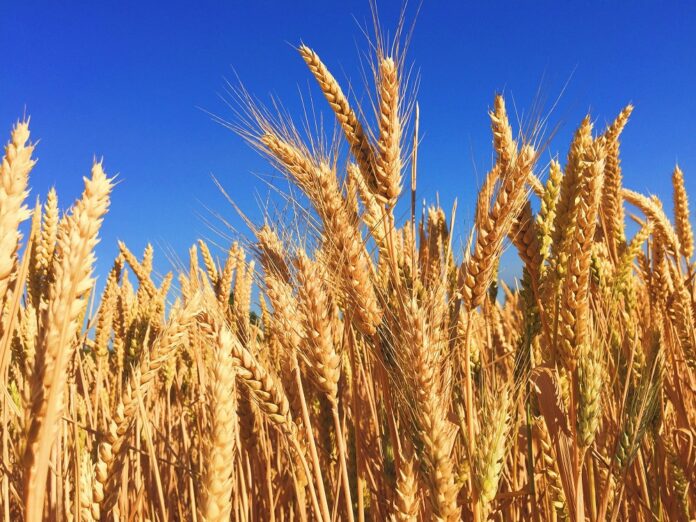Intending to improve food security and accomplish the UN Sustainable Development Goals (SDGs), Pakistan and China have started working together on a wheat breeding project. In line with the SDGs, this partnership seeks to enhance wheat varieties, increase agricultural productivity, and guarantee food security for millions of people in Pakistan.
As Xinhua reported, “The idea behind the collaboration was to develop wheat varieties that could benefit both countries, adding that the project is also important for building the capacity of Pakistani scientists.”
China has been helping Pakistan improve other agricultural products like rice, chilies, and wheat. This support includes services, equipment, and seeds for agriculture as well as the creation of cooperative laboratories to boost productivity and self-sufficiency. These initiatives are intended to lower import costs and move the goal of ending hunger closer to reality.
This collaboration’s success emphasizes the accomplishment of sustainable development goals through international partnerships. Initiatives like the Pakistan-China wheat breeding cooperation provide hope as nations continue to struggle with complex issues related to food security and climate change. They show the value of cooperation in tackling global issues.
Citing the United Nations Food Agency’s (FAO) world price index, Reuters wrote that “looking ahead to 2024, the UN agency pegged wheat output up 1% from a year earlier at 797 million tons thanks to favorable weather in North America and top exporter Russia, as well as in China, India, Iran, Pakistan, and Turkey.”
Despite this positive cooperation, a recent study by the Center for Strategic and International Studies (CSIS) reported, citing the UN Food and Agriculture Organization (FAO), that “FAO predicts that millions will still be chronically undernourished in 2030 because of Russia’s war.”
China emphasizes the accomplishment of sustainable development goals through international partnerships–Pakistan collaboration’s success as nations continue to struggle with intricate issues of climate change and food security.



